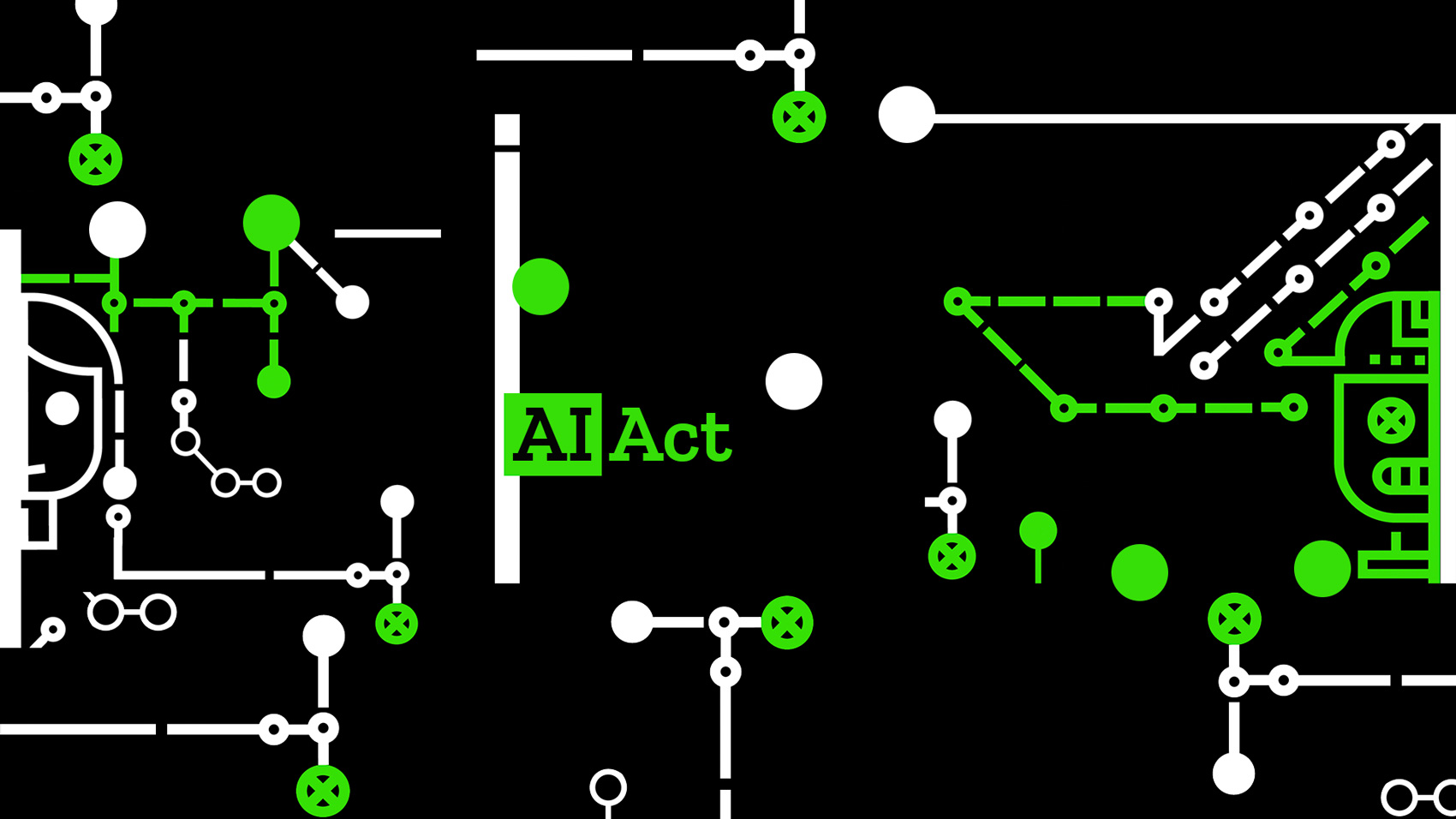All people must be protected from the dangers of discriminatory artificial intelligence (AI), including those migrating, seeking asylum, and living with an irregular migration status. Through a joint statement, Access Now, European Digital Rights (EDRi), Platform for International Cooperation on Undocumented Migrants (PICUM), Refugee Law Lab, and 163 civil society organisations and 29 individuals are calling on the European Union (EU) to ensure the Artificial Intelligence Act (AI Act) centres the rights of marginalised people and communities on the move in its goals to successfully regulate the development and use of “high-risk” AI, and prevent irreversible harm by prohibiting certain AI systems.
As it reads, the EU AI Act does not adequately address and prevent the harms stemming from the use of AI in the migration context, and the IMCO and LIBE Committees of the European Parliament must immediately amend the current proposal.
“Artificial intelligence tech is being deployed to intimidate, discriminate, and categorise certain groups of people”, said Caterina Rodelli, EU Policy Analyst at Access Now. “The EU has a responsibility to ensure the fundamental rights of all are upheld inside, outside, and at every border across the Union, and that these new tools are not used to reinforce prejudice and perpetuate oppression of certain groups. The AI Act must be amended now.”
For many marginalised groups, AI technologies fit into wider systems of over-surveillance, criminalisation, structural discrimination, and violence.
To protect the rights of all people, including those on the move, the coalition is calling on the European Parliament, the European Commission, the Council of the European Union, and EU Member States to implement a series of amendments including:
- Prohibit unacceptable uses of AI systems in the context of migration, such as predictive analytics that can lead to the interdiction of border crossings;
- Expand the list of high-risk systems used in migration, including surveillance technology that exacerbates violence at the borders and biometric identification systems that lead to racial profiling;
- Ensure the AI Act applies to all high-risk systems in migration, including those in use as part of the EU’s large-scale IT systems used in migration; and
- Ensure transparency and oversight measures.
If policymakers fail to uphold the protection of all people affected by AI systems, the European Union will not live up to its promise of promoting “trustworthy AI,” but it will only promote its discriminatory use.
Read the joint statement.
